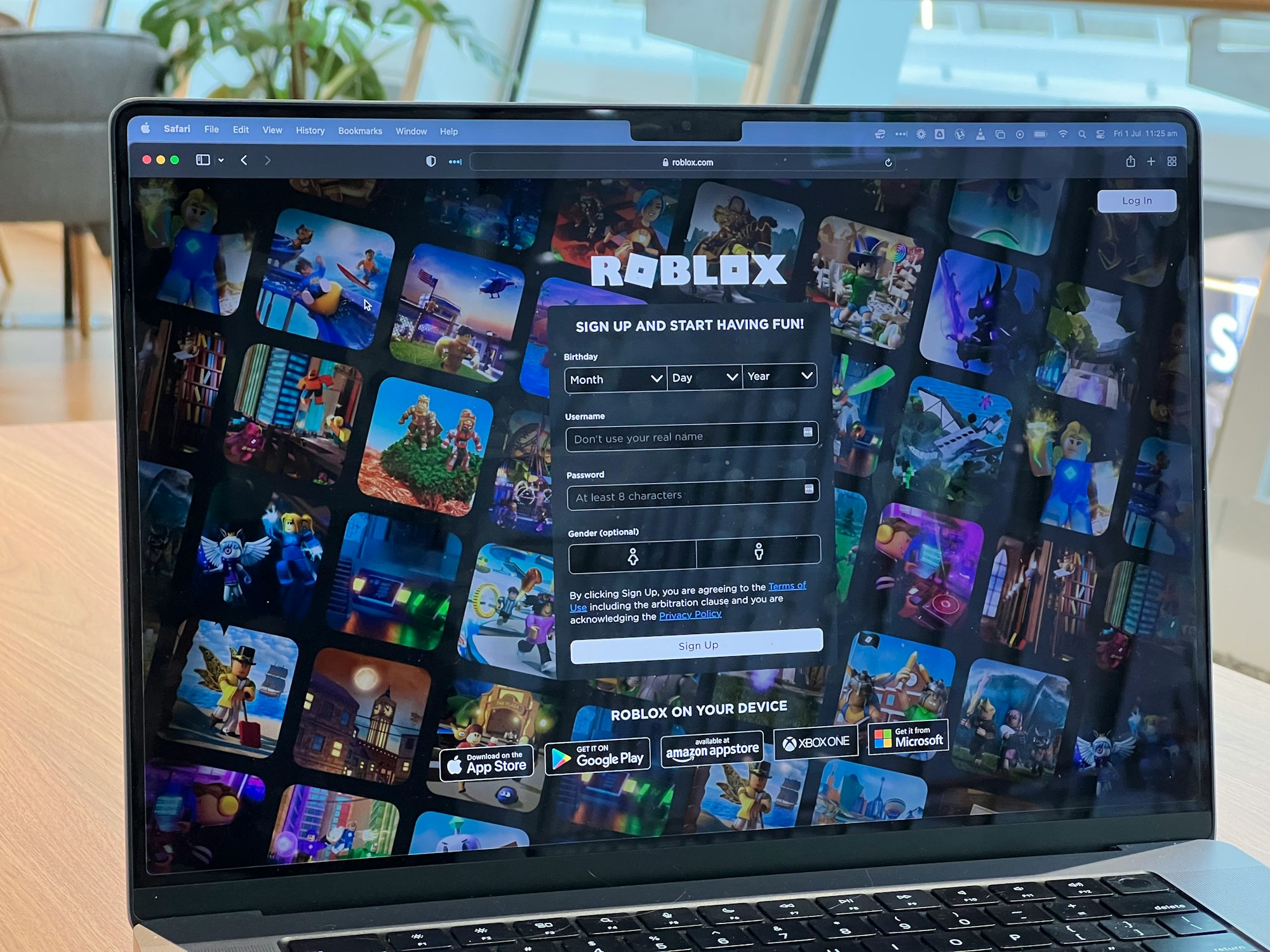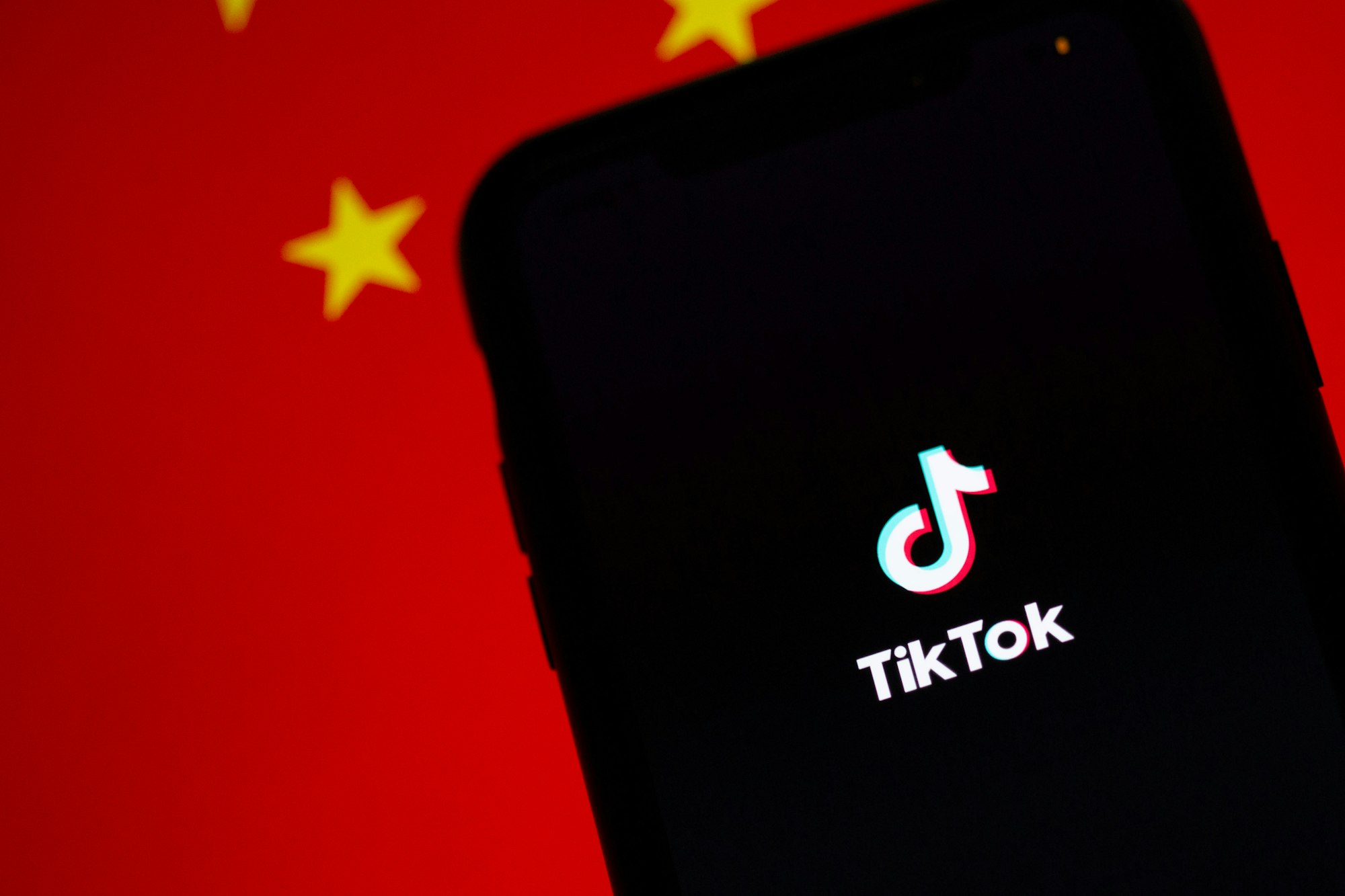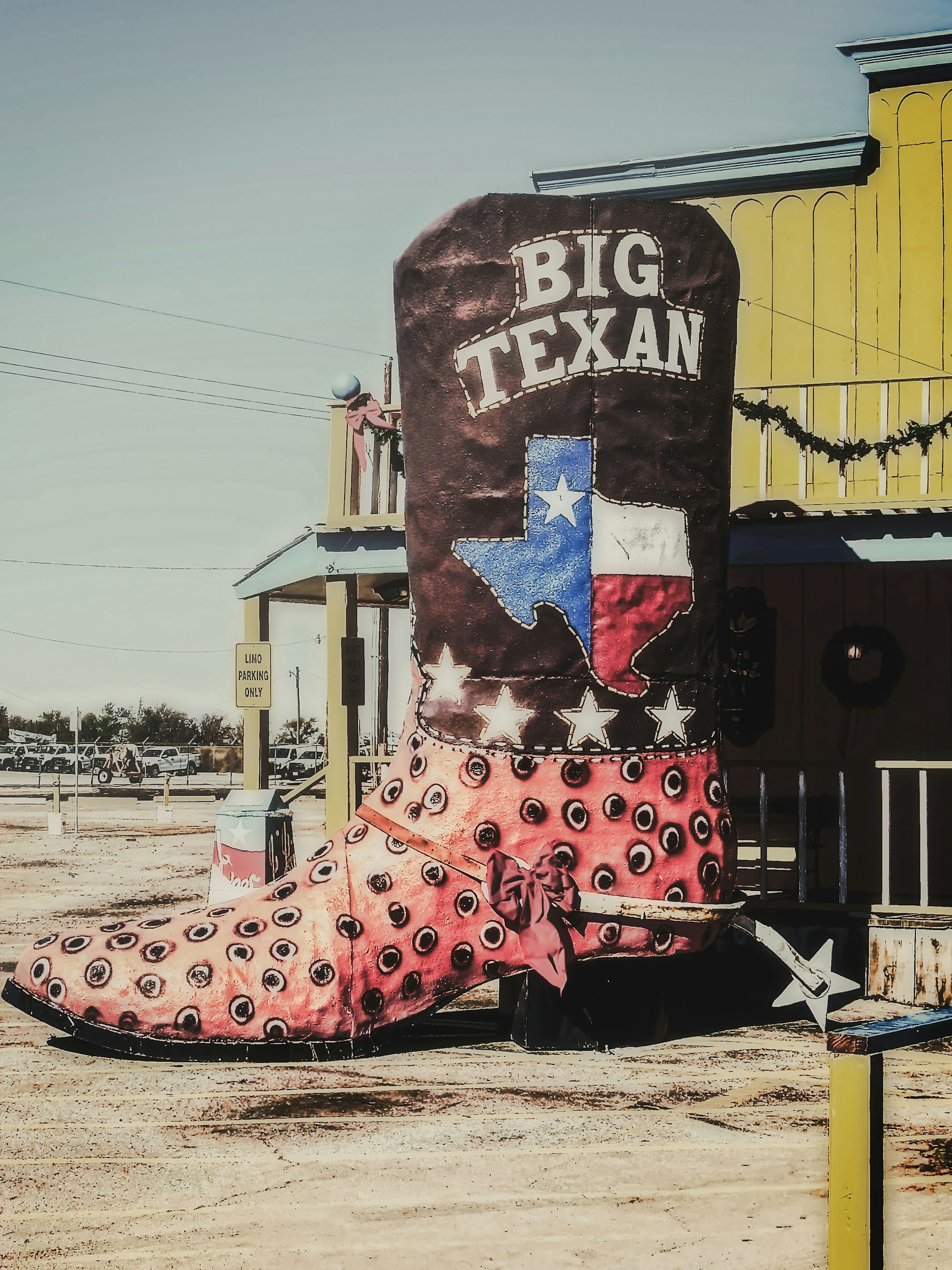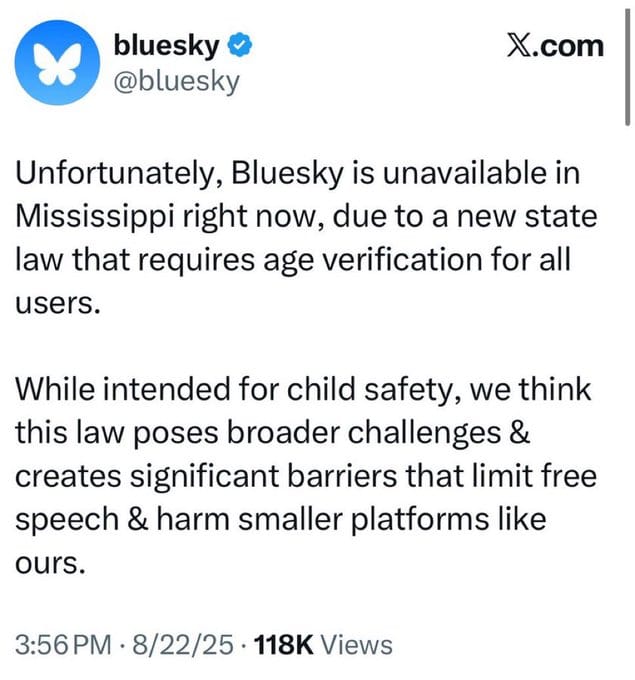Texas Sues Roblox Over Child Safety Failures, Joining Multi-State Push for Digital ID

The Latest State to Take Action
Texas Attorney General Ken Paxton has filed a lawsuit against Roblox Corporation, marking the fifth state to pursue legal action against the gaming platform since August 2024. The November 6, 2025 filing alleges that Roblox allowed predators to exploit children while misleading families about safety protections, with Paxton accusing the company of putting "pixel pedophiles and corporate profit ahead of safety."

The lawsuit was filed in West Texas' King County, the second least populous county in Texas with just 265 residents and no incorporated communities. This strategic filing location follows a pattern of Texas AG lawsuits being filed in jurisdictions with limited judicial resources.

A Coordinated Multi-State Offensive
The Texas lawsuit joins an escalating wave of state enforcement actions against the gaming platform:
- Louisiana: Attorney General Liz Murrill filed suit in August 2024, stating Roblox is "overrun with harmful content and child predators because it prioritizes user growth, revenue, and profits over child safety."
- Kentucky: Attorney General Russell Coleman sued in October 2024, alleging Roblox created "a playground for predators" and that the platform's in-game currency, known as "Robux," is allegedly used by predators to entice children into dangerous situations.
- Florida: Attorney General James Uthmeier issued criminal subpoenas to Roblox in October 2024, prohibiting the company from deleting any electronic records and requiring it to preserve all relevant evidence.
- Oklahoma: Attorney General Gentner Drummond initiated legal proceedings in September 2024, requesting proposals for legal services to investigate and possibly sue the platform.
The Digital ID Connection
While these lawsuits ostensibly target child safety failures, they're driving a larger conversation about mandatory age verification systems that privacy advocates warn could fundamentally transform internet access.
YouTube's recent deployment of AI-powered age verification across the United States represents what may be the most significant change to internet access since the platform's inception, using machine learning to estimate users' ages based on their viewing habits, account longevity, and platform activity.

The push for age verification extends far beyond gaming platforms. By May 2025, 19 states have enacted age verification laws, creating a compliance crisis of unprecedented proportions for digital platforms. These laws vary dramatically:

- Arizona's HB 2112 requires publishers of material classified as "harmful to minors" to introduce digital age checks, including commercially available biometric age verification and age estimation systems.

- Texas enacted an App Store Age Verification Law, while Utah became the first U.S. state to pass legislation requiring app stores to verify users' ages.

- Mississippi's HB 1126 requires all social media platforms to verify users' ages before allowing account creation and obtain parental consent for anyone under 18.

Privacy Implications of Age Verification
This creates a compliance paradox: companies must collect sensitive biometric or identification data to verify ages, but cannot retain it—yet they must somehow prove compliance if challenged. The technologies being deployed include:
- Government ID uploads
- Credit card verification
- Facial recognition scans
- Behavioral analysis algorithms

Users incorrectly flagged as minors must upload government ID, credit card information, or submit to facial recognition scans to prove their age. The system analyzes patterns in user activity to make age determinations, creating detailed psychological profiles of users under the guise of protection.
Roblox's Response and Recent Safety Measures
Roblox expressed disappointment over the lawsuit, with global head of public policy Nicky Jackson-Colaco stating the company shares Paxton's commitment to safety and reporting that Roblox has implemented over 145 safety measures on its platform this year.
The company says it maintains direct communication with organizations like the FBI and the National Center for Missing and Exploited Children (NCMEC), for immediate escalation of serious identified threats. However, these relationships haven't prevented controversy.
According to research from your site myprivacy.blog, YouTuber Michael "Schlep" was permanently banned from Roblox and threatened with legal action after his predator-catching operations led to six confirmed arrests of alleged child predators, with Roblox claiming his vigilante methods violated their Terms of Service.

Global Context: The International Push for Digital Identity
The Texas lawsuit fits into a broader global pattern of governments implementing digital identity systems under the banner of child protection:
- The UK's Online Safety Act entered its age verification enforcement phase on July 25, 2025, requiring all sites and apps that allow pornography to have strong age checks in place.
- Brazil's Digital Child and Adolescent Statute (Digital ECA), signed into law on September 17, 2025, requires age verification for virtually any digital service that might contain content inappropriate for minors.
- Australia is moving toward a nationwide ban of children under 16 from social media platforms, including YouTube, and has introduced age checks for search engines.
The Compliance Nightmare for Platforms
For a company operating nationally, the overlapping and contradicting requirements create an impossible maze, with a legal analyst at MultiState noting that "a federal law would be somewhat more effective than a patchwork of state laws."
The penalties for non-compliance are severe:
- Arizona courts can impose fines up to $250,000 if failure to verify age actually results in minors accessing forbidden materials.
- Mississippi penalties reach up to $10,000 per user for non-compliance.
Some platforms have chosen to exit markets entirely rather than comply. Aylo, parent company of Pornhub, blocked access to its services in Arizona, mirroring actions in 21 other states where similar laws have taken effect.

Privacy Advocates Sound the Alarm
From your compliancehub.wiki analysis, critics maintain that these laws "will lead to broad online censorship of lawful speech, including content designed to help children navigate and overcome the very same harms it identifies."
Blockchain-based identity verification and zero-knowledge proof architectures are gaining traction as mechanisms to confirm age without exposing personally identifiable information, though these technologies are still maturing.
The Electronic Frontier Foundation and privacy advocates argue that these age verification mandates, while framed as child protection, actually create more harm by normalizing surveillance and restricting access to information.
The Decentralized Resistance
Interestingly, Mastodon's decentralized structure inherently resists top-down mandates, potentially setting up conflicts between technological ideals and regulatory demands. The network's inability to comply isn't a weakness; it's the entire point.
This highlights how truly decentralized systems may preserve online freedom even under regulatory pressure, though it also demonstrates the challenges regulators face in enforcing these laws across diverse platform architectures.
Looking Ahead: The Real Battle
While Texas and other states frame their actions as protecting children from predators, the broader implications are clear. The UK government announced on September 25, 2025, plans to introduce a mandatory digital ID system for all working-age adults by the end of this Parliament.
The pattern emerging across jurisdictions suggests that child safety—while a legitimate concern—is being leveraged to normalize comprehensive digital identity requirements that would have been politically impossible to implement directly.
As more states join this enforcement wave against Roblox, the real question isn't whether the platform will improve its safety measures. It's whether Americans will accept that proving their identity becomes the price of admission to everyday online life—a fundamental transformation of internet access that extends far beyond any single gaming platform.
The coming months will likely see continued legal battles, with implications that reach every corner of the digital ecosystem. Whether through state-level enforcement, federal legislation, or platform self-regulation, the era of anonymous internet access may be drawing to a close—all in the name of protecting children.
For more analysis on digital privacy and compliance issues, visit cisomarketplace.com, myprivacy.blog, and compliancehub.wiki.



















